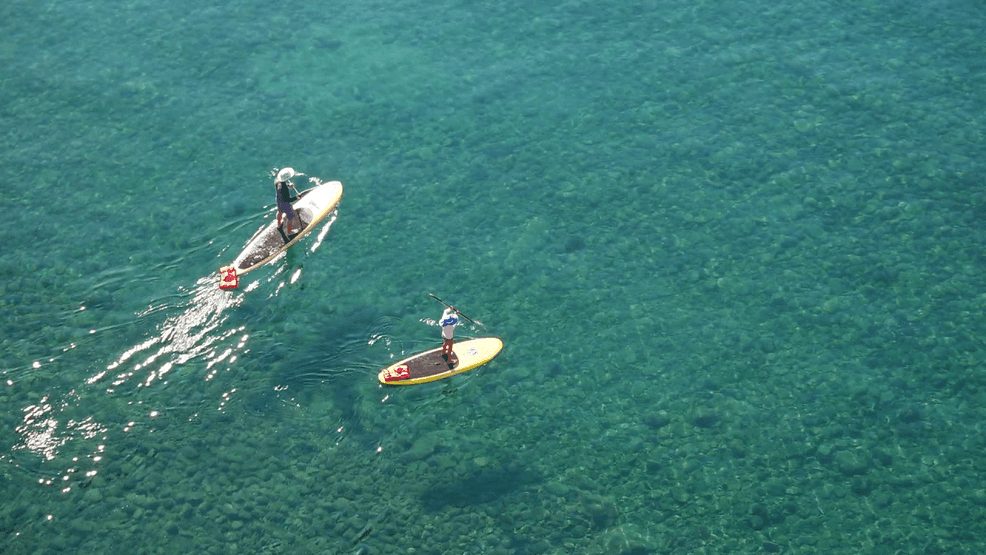In 2025, inspectors with the Lake Tahoe Aquatic Invasive Species Program have conducted nearly 5,000 decontaminations, urging visitors to “clean, drain, and dry” their equipment. Jeff Cowen, public information officer with the Tahoe Regional Planning Agency (TRPA), said, “The boat inspections have been going on with mandatory inspections since 2008. And there’s been 123,000 boat inspections since that time.” The lake, a popular destination and the oldest freshwater lake in North America, faces threats from aquatic invasive species.
This year, mandatory vessel decontaminations have been implemented for both motorized and non-motorized watercraft. Since March, inspectors have decontaminated 4,700 motorized vessels and 10,000 non-motorized craft, marking a 60% increase since 2024.
Invasive mussels such as Zebra and Quagga mussels have been found in waterbodies across the region, including in Lake Mead, but have not made their way into Lake Tahoe thanks to ongoing decontamination efforts. Newly discovered Golden Mussels are the newest threat to the lake. Cowen described them as “extremely hazardous” and “highly invasive.” Discovered in North America last October, Golden Mussels can disrupt Lake Tahoe’s natural ecosystem and cause harmful algal blooms.
McKenzie Koch, an aquatic invasive species outreach and education coordinator with TRPA, emphasized the importance of decontaminating even paddleboards and kayaks. “The holes, the cockpits of a kayak, or even the seams of an inflatable paddleboard could harbor an invasive species,” she said. “And we’ve seen that they can transport invasive species and it is just as important for those to be cleaned, drained, and dried.”
Visitors Sara Harris and Mark Hurd from Florida recently experienced the decontamination process. Harris remarked, “I see it as necessary due to the algae blooms that are taking place all over the world really, from invasive species.” Hurd added, “Might as well preserve and should preserve what we have in front of us.”
Lake Tahoe remains open year-round to visitors, but equipment without a “Tahoe Only” sticker from a previous inspection must undergo the decontamination process again.
The Lake Tahoe Invasive Species Program offers more insight into the species that pose a threat to Lake Tahoe, as well as more preventative measures.
Email reporter Anthony Ramos at aramos@sbgtv.com. Follow @antramosnews on X and Anthony Ramos on Facebook.
